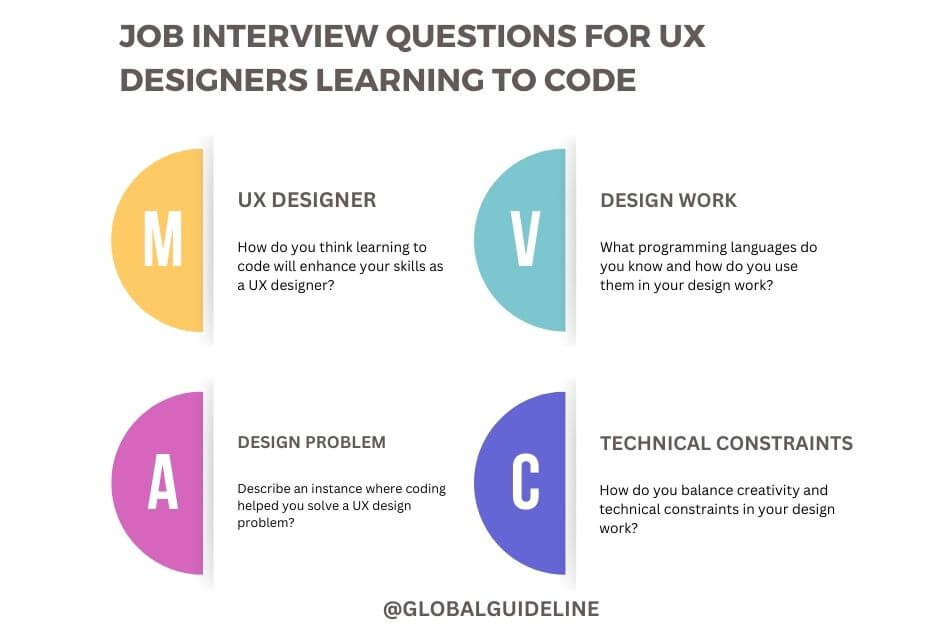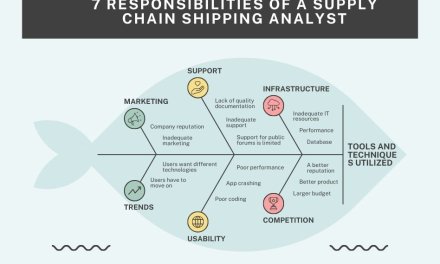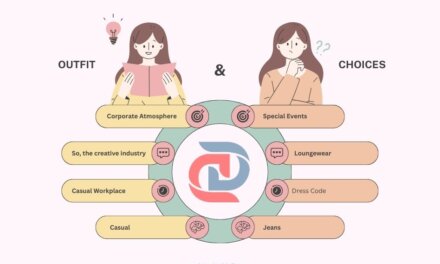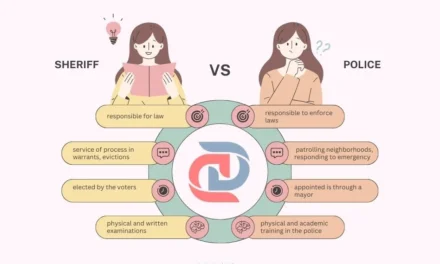A crucial characteristic of designing intuitive, engaging, user-friendly digital products is through the mean of user experience design. While the increasing demand for skilled UX designers continues, one still wonders if UX designers should be coders. In that regard, while the center of emphasis for UX designers remains on researching users, designing interfaces and testing usability, coding, and consequently, an understanding of how it works can be highly useful. Let’s take a closer look at the benefits of do UX designers need to learn coding and maybe consider adding this skill to your set.
Table of Contents

What Do UX Designers Do?
Before we try to decide if coding is necessary, let’s look briefly at what the core of UX design work is. UX designers deal with understanding users’ needs and creating meaningful and relevant experiences. Therefore, several tasks lie in store
- User Research: User Research Interview people, send out surveys, conduct usability tests to find out who you are designing for.
- Wireframing and Prototyping: Wireframing and Prototyping Wireframes and prototypes help visualize a view of the structure and flow of the product.
- Interaction Design: Interaction Design Invest some time to describe how users will interact with the product in terms of navigation, buttons, etc., in a general manner.
- Usability Testing: Testing the product with actual users to identify and fix usability problems.
- Collaboration: Collaborate with UI designers, developers, and other stakeholders to bring everything together.
Is Coding Required in UX Design?
Is coding necessary for UX design? Short answer no; that would be wrong because coding is not a skill necessity for UX designers. However, it’s an aid for anyone initiated into the basic understanding of code. Most UX designers do their work and get along with designing without even writing a single line of code. Their focus solely remains on design and user experience. However, the veil blurring the design and development boundaries as the industry continues to grow leads to the question, should UX designers know to code?
Can I Learn UX Design Without Coding?
Yes, you can. Most of the UX courses, provided at Coursera or Skillshare, do not require coding as a prerequisite. Instead, they focus on user research, wireframing, prototyping, and usability testing. And although not strictly required, learning to code improves how much you’re able to comprehend the design process and cooperate with developers.
7 Good Reasons to Learn to Code as a UX Designer
Having established that coding is not a must for designing user experience, let’s discuss seven strong benefits that learning to code can give UX designers.
1. Improved Collaboration with Developers
One of the first benefits for UX designers who learn how to code is communication with developers; understanding the basics of HTML, CSS, and JavaScript makes it easy for designers to clarify their ideas and understand technical constraints in a project, and can translate into much smoother collaboration while ensuring the final product stays true to the original design vision.
- Development Team Collaboration: The development team collaborated. If the UX designer is able to code, he will be able to think ahead of where the developer might run into problems and, therefore, be prepared for them before they happen. This creates more smooth workflows that, in turn, culminate in the perfect end product.
2. Better Problem-Solving
This ability to code encourages logics and systematic methodologies of approaches to solve problems and can support the creative skills that a UX designer possesses. The learning to code ability will be the means through which the UX designers will understand how these digital products work, and consequently, they will be able to identify and solve potential usability issues with more ease.
- Skill Sets Expansion: Expand your skill sets to coding as it would make you a far more versatile designer. Whether it is troubleshooting a prototype or optimizing a user interface, knowledge of coding can provide new ways of solving design challenges.
3. Ability to Make Interactive Prototypes
Interactive prototypes are a quite strong way of testing and proofing design ideas. There are basic interactivity features in Adobe XD, Figma and knowing how to code will help UX designers get into complex and very interactive prototype making, which is very useful for testing complicated interactions or scenarios that will be hard to explain in static designs.
- UI/UX Programming Language: In doing so, a language like JavaScript affords the very valued UX designer to prototype dynamic mock-ups that appear almost similar to the final product, which thus enables them to hold more reliable user testing and feedback sessions.
4. More Job Opportunities and Flexibility
As the necessity for multi-disciplinary skills increases, UX designers with the knowledge of coding are on a rise. Coding skill not only makes a candidate more appealing but also provides a plethora of job opportunities compared to candidates without it. For example, companies in search of hybrid roles, which is an amalgamation of design and development, will be very keen on candidates having knowledge in coding.
- UI/UX vs Coding Salary: Salaries may undoubtedly vary with location and experience, but it’s difficult to deny that a UX designer who has a coding skill will take home more pay just because they have more capabilities under their belt. This flexibility opens doors to even more varied and rewarding career pathways.
5. Better Feasibility and Constraint Knowledge
When designing from a code constraint understanding, designs not only make sense to users but are also possible for developers to implement, saving the developer time and resources by not having to go back and forth over necessary revisions.
- Web Developers and User Interface Alignment: By grasping the technical implications of design, UX designers could engineer more innovative yet feasible solutions that align better with what developers actually can build.
6. Efficient Design Process
The major advantage of learning to code is that it boosts efficiency at which one will work out the designing process by making it easy for UX designers to test and build their designs without having to depend on developers every time, thus saving time and increasing the speed of turnaround and workflows.
- Coding Skills for Prototyping: Programming Ability for Prototyping A UX designer has the required skills for coding while making a tweak on a design or executing a minor feature, thus eliminating bottlenecks in the project timeline with the ability to crank up changes quickly and independently.
7. Increased Empathy for Users and Developers
Learning how to code gives UX designers the chance to understand the difficulties that developers undergo, and it fosters some form of appreciation and respect for their work. Such an appreciation can mean much more collaborative relationships and healthy team working. In addition, coding probably gives UX designers empathy with users because they better understand how users interact with the digital interface at a deeper level.
- Does UX Research Require Coding? Not usually, but knowing how a product works technically can make for a better designer or researcher, as they are more likely to do more relevant and informed research.
Does a UX Designer Need to Know Python?
Should a UX designer know Python? No, but it might be very useful for specific work and data analysis. Python is particularly important when you automate repetitive tasks. With the ease and flexibility of the language, it is pretty useful for UX designers interested in digging into data-driven design work or operating more closely with the data scientist.
- UX Design Programming Languages: though a very powerful language, learning front-end languages such as HTML, CSS, and JavaScript can be more helpful to the UX designer in terms of web design and development.
Is UX Design Harder Than Coding?
This question is subjective, depending on the strengths and preferences that an individual holds. For example, whereas UX design demands deep understanding of human behavior, great creativity, and empathy, coding is a request for logical thinking and problem-solving with the first priority going to technical knowledge. Each field has intricacies of its own, so the question, which one is harder, depends on the particular tasks or projects in which you are engaged.
- This helps the designers learn how to code; they can use more authority and precision to bring to life the creative visions in their minds, which they otherwise found difficult and challenging while coding.
Which language is best for UX design?
HTML, CSS, and JavaScript are a great language for UX design since they are the most relevant to UX designers who want to learn how to code. These are basically the languages that lay down a foundation for web development and thus help in the creation and alteration of user interfaces. This enables UX designers to prototype much more effectively and communicate better with developers.
- Course on coding for UX Designers: Anyone interested in learning these languages can find a multitude of online courses specifically targeting UX designers with completely practical approaches to coding.
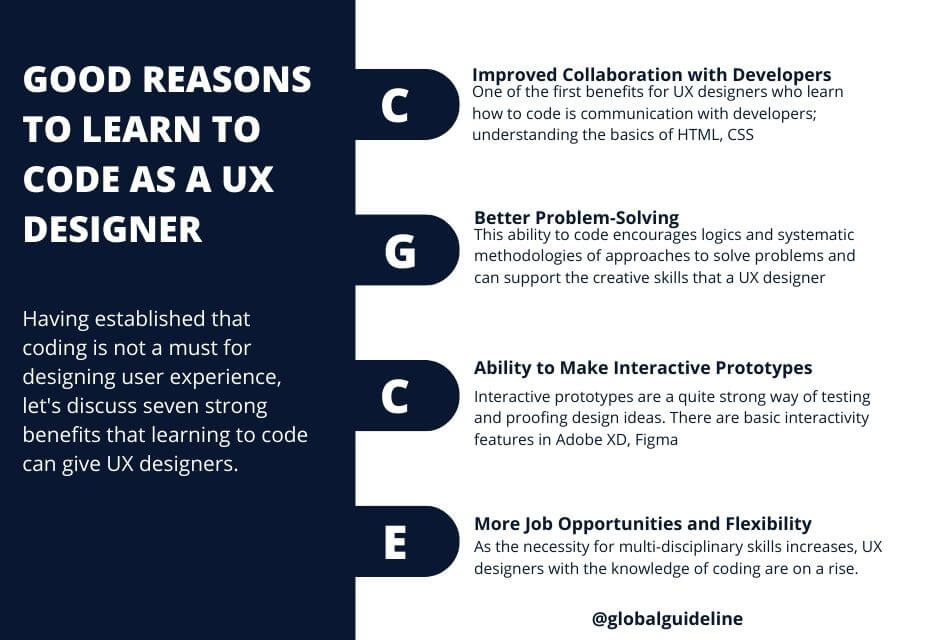
Job Interview Questions for UX Designers Learning to Code
As a UX designer who considers learning to code, you’ll undoubtedly face some interview questions that can test your coding knowledge or even a willingness to learn. Such questions may include the following:
- “How do you think learning to code will enhance your skills as a UX designer?”
- Response: Discuss how coding will enable you to collaborate better with developers, enable you to create more interactive prototypes, and clarify issues on feasibility and constraints.
- “Describe an instance where coding helped you solve a UX design problem?”
- Response: Share a specific instance where coding knowledge proved instrumental in creating a better design solution or streamlining your design process.
- “What programming languages do you know and how do you use them in your design work?”
- Response: List the languages that you understand. This may include HTML, CSS, or JavaScript, among others, and tell how they have helped or enhanced your work.
- “How do you balance creativity and technical constraints in your design work?”
- Response: Highlight that understanding coding is so crucial in order to create innovative and realistic designs such that the end product will be meeting the needs of the user as well as the technological requirement.
- “How do you plan to further develop your coding skills, and is that something you are interested in doing?”
- Response: Express commitment to continuous learning and how one is going to enhance the coding skills through courses, practice, or collaboration with developers.
FAQs
Q: Is there any reason for UX designers to learn how to code?
A: No, you don’t have to, but knowing how to code really helps a UX designer. For example, in collaborating with developers to create even better solutions, and it gives the UX designer the power to create interactive prototypes.
Q: Can one learn UX design without learning to code?
A: Yes. Most courses teach user research, wireframing, and usability testing.
Q: Is coding required for UX research?
A: No. In general, UX research is not coded. Yet, knowing a little bit of code does help to understand technical restrictions and make working with the developers much easier.
Q: What do you need to know in UX design?
A: The most relevant to UX designers are HTML, CSS, and JavaScript, since they form the basis for web development and user interface design.
Q: Does a UX designer really need to know Python?
A: Not strictly necessary for UX design but can be helpful when it comes to analyzing data or automating tasks.
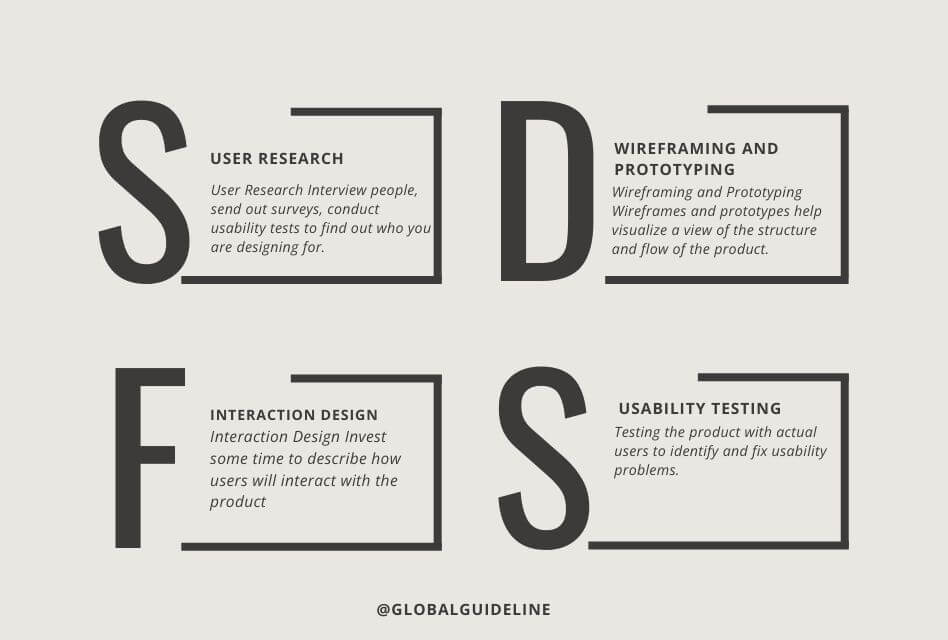
Conclusion
In conclusion, does a UX designer have to be a programmer? Not at all. While the ability to code is not something every UX designer needs, it can do so much good for you and the quality of your work. The capability to code can make you more versatile and valuable as a designer-from improving collaboration with developers to expanding your skill set. Whether to dive into coding or to hone your skills solely on design, knowledge of the areas in which design and development intersect is key to creating both functional and delightful user experiences. If you have ever thought about learning to code, now may be just the right moment to explore what coding means for your UX design career.
Related Posts:
10 Tips for Choosing the Perfect Interview Dress for Female!

